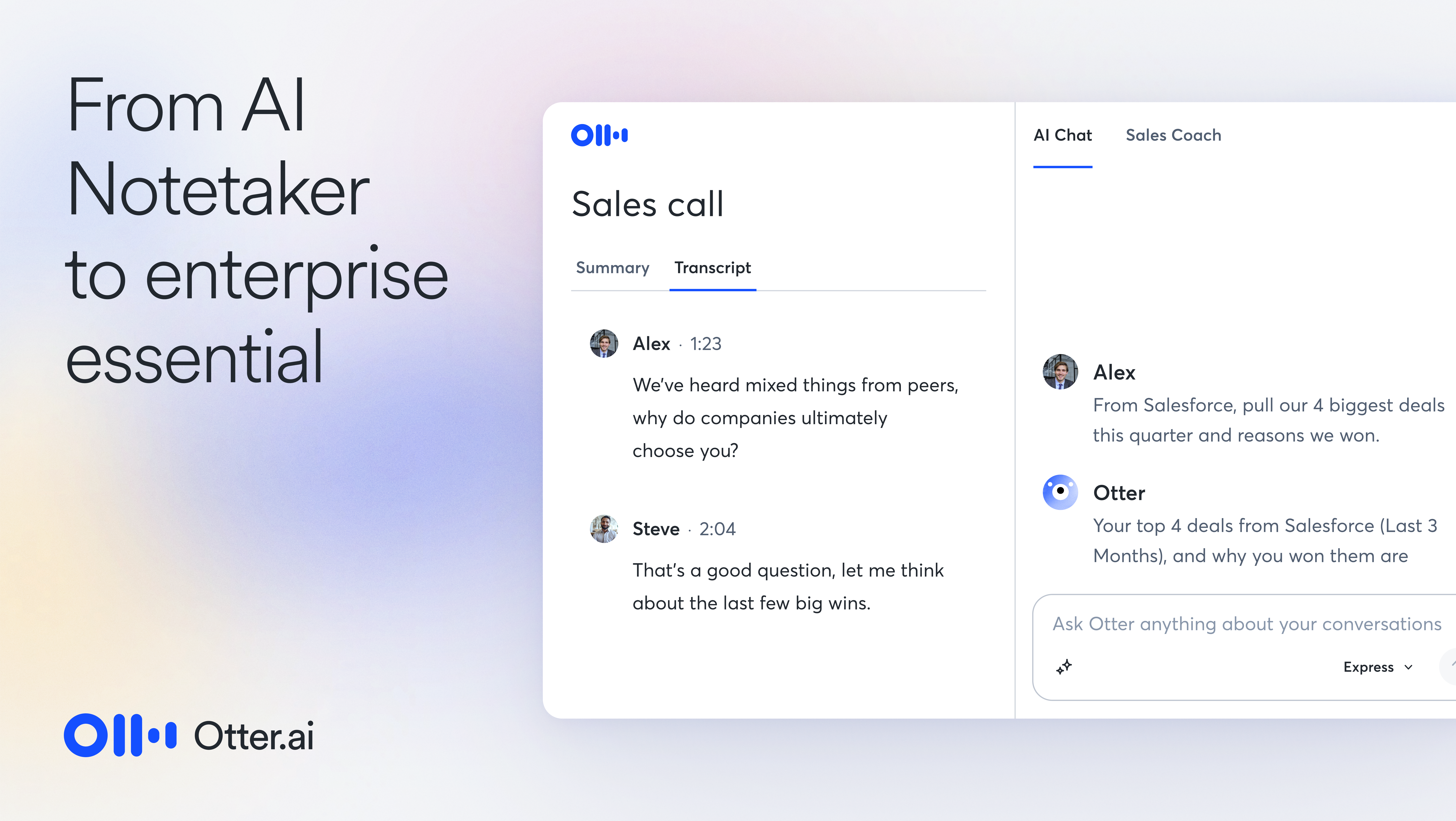UK government trials chatbots in bid to bolster small business support
While earlier tests had problems with accuracy, the next version of GOV.UK Chat shows consistent improvements


The UK government is running a private beta of a new chatbot designed to help people set up small businesses and find support.
The generative AI chatbot, based on OpenAI’s GPT-4o technology, will be tested out by up to 15,000 business users, after earlier trials went well.
GOV.UK Chat is linked from 30 government business support pages, including 'set up a business' and 'search for a trade mark'. Users can ask questions about tax and the support available to them.
Technology secretary Peter Kyle said the use of chatbots could markedly improve efficiency and enable the government to provide timely support for small businesses across the country.
"Outdated and bulky government processes waste people’s time too often, with the average adult in the UK spending the equivalent of a working week and a half dealing with public sector bureaucracy every year," Kyle said.
"We are going to change this by experimenting with emerging technology to find new ways to save people time and make their lives easier, as we are doing with GOV.UK Chat."
If this trial goes well, it could ultimately be rolled out across the full government website, made up of 700,000 pages. This attracts over 11 million users per week and is the best-known digital service in the UK, according to YouGov.
Sign up today and you will receive a free copy of our Future Focus 2025 report - the leading guidance on AI, cybersecurity and other IT challenges as per 700+ senior executives
"With all new technology, it takes time to get it right so we’re taking it through extensive trials with thousands of real users before it is used more widely," said Kyle.
"This is an essential part of our ambition to use AI to improve public services in a safe and reliable way, making sure the UK government leads by example in driving innovation forward."
During the first trial, nearly seven-in-ten users said the chatbot was helpful, with only 15% disagreeing.
However, the trial did throw up some problems with accuracy, generating a number of 'hallucinations'. Some of these were “challenging, or abusive, or even seductive”, according to Paul Willmott, chair of the government’s Central Digital and Data Office
Since then, developers behind the chatbot said it's improved significantly. The team has been working with subject matter experts at HMRC to score the accuracy of the chatbot's answers, assess AI answers against example answers written by content designers, and monitor for inaccurate or inappropriate answers and investigate any they find.
There's now also a message included in the onboarding process explaining the risk of inaccurate answers to users, and a link underneath every answer so that users can check the source guidance.
"Unlike ChatGPT, GOV.UK Chat is designed to draw on GOV.UK as the source of its answers,” according to Sam Dub and Josh Davey of the development team. “This means we can ensure it’s always using the most up-to-date guidance, and users can trust the answer comes from government."
There have also been improvements aimed at preventing the chatbot from giving harmful responses such as illegal answers, the sharing of sensitive financial information, or the adoption of a political position.
Emma Woollacott is a freelance journalist writing for publications including the BBC, Private Eye, Forbes, Raconteur and specialist technology titles.
-
 Cyber resilience in the UK: learning to take the punches
Cyber resilience in the UK: learning to take the punchesColumn UK law now puts resilience at the centre of cybersecurity strategies – but is legislation simply catching up with enterprise understanding that resilience is more than just an IT issue?
-
 CISPE claims European Commission gave Broadcom a ‘blank cheque to raise prices, lock-in, and squeeze customers’ with VMware deal
CISPE claims European Commission gave Broadcom a ‘blank cheque to raise prices, lock-in, and squeeze customers’ with VMware dealNews Cloud providers have issued a formal response to the General Court of the European Union after the Commission defended its approval of the deal
-
 Businesses finding it hard to distinguish real AI from the hype, report suggests
Businesses finding it hard to distinguish real AI from the hype, report suggestsNews An Ernst & Young survey finds that CEOs are working to adopt generative AI, but find it difficult to develop and implement
-
 'It's slop': OpenAI co-founder Andrej Karpathy pours cold water on agentic AI hype – so your jobs are safe, at least for now
'It's slop': OpenAI co-founder Andrej Karpathy pours cold water on agentic AI hype – so your jobs are safe, at least for nowNews Despite the hype surrounding agentic AI, OpenAI co-founder Andrej Karpathy isn't convinced and says there's still a long way to go until the tech delivers real benefits.
-
 Is an 'AI' bubble about to pop?
Is an 'AI' bubble about to pop?news The Bank of England warns of the risk of a market correction if enthusiasm for the technology wanes
-
 Otter.ai wants to bring agents to all third party systems – with transcription just the start
Otter.ai wants to bring agents to all third party systems – with transcription just the startNews The AI transcription company is targeting intelligent scheduling and interoperability with project management systems, based on securely-stored transcription data
-
 AI isn't taking anyone's jobs, finds Yale study – at least not yet
AI isn't taking anyone's jobs, finds Yale study – at least not yetReviews Researchers say it's too soon to know what generative AI's impact will be on the workforce
-
 Large enterprises could be wavering on AI adoption
Large enterprises could be wavering on AI adoptionNews AI adoption rates have dipped, but it's probably nothing to worry about for IT leaders
-
 The UK government is working with Meta to create an AI engineering dream team to drive public sector adoption
The UK government is working with Meta to create an AI engineering dream team to drive public sector adoptionNews The Open-Source AI Fellowship will allow engineers to apply for a 12-month “tour of duty” with the government to develop AI tools for the public sector.
-
 Is ChatGPT making us dumber? A new MIT study claims using AI tools causes cognitive issues, and it’s not the first – Microsoft has already warned about ‘diminished independent problem-solving’
Is ChatGPT making us dumber? A new MIT study claims using AI tools causes cognitive issues, and it’s not the first – Microsoft has already warned about ‘diminished independent problem-solving’News A recent study from MIT suggests that using AI tools impacts brain activity, with frequent users underperforming compared to their counterparts.
